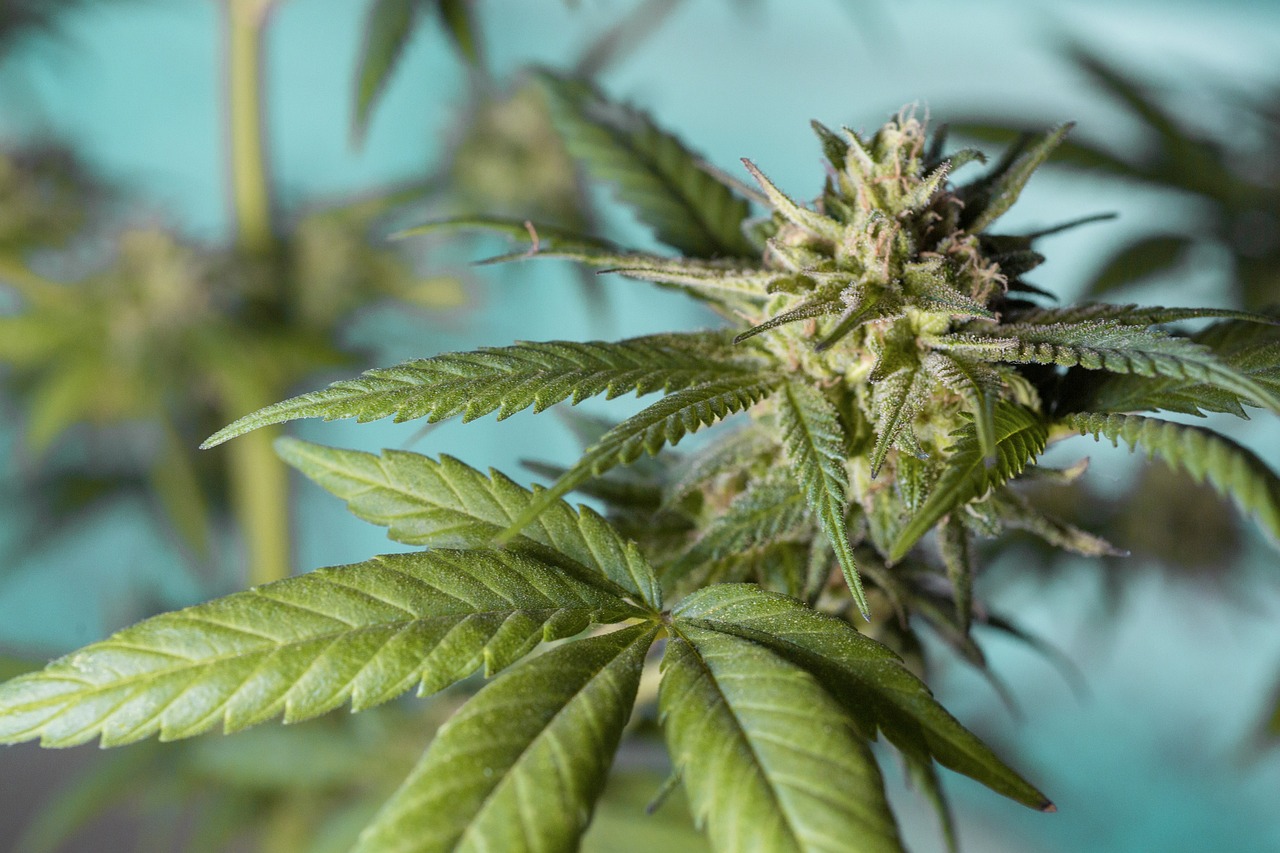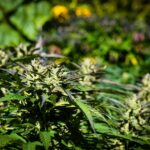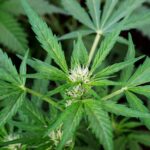In recent years, the cannabis industry has seen a surge in interest surrounding non-psychoactive compounds. Among these, THCA (tetrahydrocannabinolic acid) has emerged as a promising option for those seeking the therapeutic benefits of cannabis without the high. This article explores the potential of THCA flower as a wellness tool, examining its properties, benefits, and applications.
Understanding THCA
THCA is a cannabinoid found in raw and live cannabis plants. Unlike THC (tetrahydrocannabinol), which is known for its psychoactive effects, THCA does not produce a high. This is because THCA flower dosage guidelines is the precursor to THC and only converts to THC when exposed to heat through a process called decarboxylation.
In its raw form, THCA offers a range of potential health benefits without the mind-altering effects associated with THC. This makes it an attractive option for individuals looking to incorporate cannabis into their wellness routines without experiencing psychoactive effects.
Potential Health Benefits of THCA
Research into THCA is still in its early stages, but preliminary studies and anecdotal evidence suggest several potential health benefits:
- Anti-inflammatory Properties: THCA may help reduce inflammation, making it a potential option for those with conditions like arthritis or inflammatory bowel disease.
- Neuroprotective Effects: Some studies suggest that THCA may have neuroprotective properties, which could be beneficial for neurodegenerative diseases such as Alzheimer’s and Parkinson’s.
- Anti-emetic Effects: THCA may help alleviate nausea and vomiting, which can be particularly useful for patients undergoing chemotherapy.
- Appetite Stimulation: THCA has been reported to stimulate appetite, which can be beneficial for individuals dealing with appetite loss due to medical conditions or treatments.
THCA Flower: A Natural Source
THCA flower refers to the raw, unprocessed cannabis flower that contains high levels of THCA. Consuming THCA flower in its raw form allows individuals to access the potential benefits of THCA without the psychoactive effects of THC.
There are several ways to incorporate THCA flower into a wellness routine:
- Juicing: Fresh cannabis leaves and flowers can be juiced to create a nutrient-rich beverage that retains the THCA content.
- Raw Consumption: THCA flower can be added to salads or smoothies for a nutritional boost.
- Tinctures and Oils: THCA can be extracted from the flower and used in tinctures or oils for easy consumption.
Case Studies and Real-World Applications
Several case studies highlight the potential of THCA in real-world applications. For instance, a study published in the British Journal of Pharmacology found that THCA exhibited anti-inflammatory properties in animal models, suggesting its potential for treating inflammatory conditions.
In another case, a patient with severe arthritis reported significant pain relief and improved mobility after incorporating THCA-rich cannabis juice into their daily routine. These examples underscore the potential of THCA as a therapeutic option for various health conditions.
Legal Considerations and Accessibility
The legal status of THCA varies by region, as it is often classified under the same regulations as THC. However, because THCA itself is non-psychoactive, some jurisdictions may have more lenient regulations regarding its use and distribution.
For those interested in exploring THCA flower, it is important to research local laws and regulations to ensure compliance. Additionally, sourcing high-quality THCA flower from reputable suppliers is crucial to accessing its potential benefits.
Conclusion
THCA flower presents a promising option for individuals seeking the therapeutic benefits of cannabis without the psychoactive effects. With its potential anti-inflammatory, neuroprotective, and anti-emetic properties, THCA offers a non-psychoactive path to wellness. As research continues to uncover the full range of benefits associated with THCA, it may become an increasingly popular choice for those looking to enhance their health and well-being naturally.


